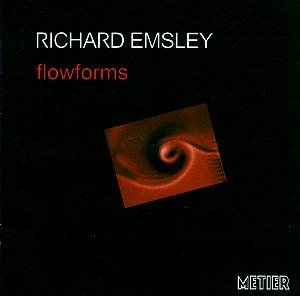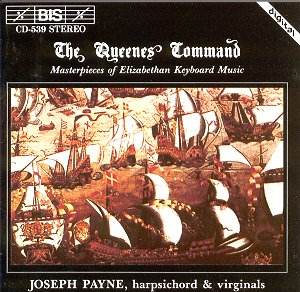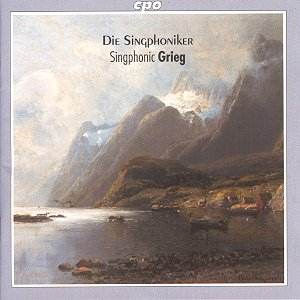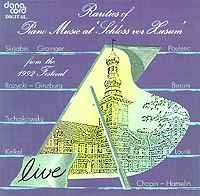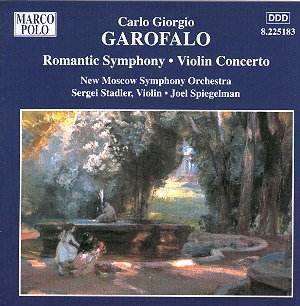 Composer: Carlo Giorgio Garofalo
Composer: Carlo Giorgio Garofalo
Works: Violin Concerto, Romantic Symphony
Performers: Sergei Stadler (violin), New Moscow Symphony Orchestra/Joel Spiegelman
Recording: Recorded 1999 in the Great Hall of Moscow Conservatory of Music
Label: Marco Polo 8.225183
Carlo Giorgio Garofalo, an Italian composer whose life spanned from 1886 to 1952, emerges from the shadows of history with this recording of two significant but largely neglected works: the Violin Concerto and the Romantic Symphony. Garofalo’s music, while once cherished by contemporaries such as Nikisch and Toscanini, has largely faded from public consciousness, a fate emblematic of many composers overshadowed by the monumental figures of the late 19th and early 20th centuries. This disc offers a rare opportunity to engage with his compositions, which echo the grand Romantic traditions of Tchaikovsky and Brahms while simultaneously reflecting a modern sensibility that eludes easy categorization.
The performance of the Violin Concerto by Sergei Stadler is marked by a remarkable fluidity and sensitivity. Stadler’s interpretation navigates the concerto’s lush melodic lines with grace, particularly in the cadenzas, which spin out in intricate arabesques. However, these moments of virtuosic display often feel excessive, reminiscent of Tartini rather than the more potent drama found in Bruch or Elgar. The themes themselves, undeniably beautiful, become overshadowed by the conventional elaboration that seems to linger too long in the realm of technical showmanship rather than emotional depth. The New Moscow Symphony Orchestra under Joel Spiegelman provides a solid foundation, demonstrating excellent discipline and a keen understanding of Garofalo’s idiom, yet there remains a sense that the orchestra’s interpretative choices could benefit from deeper engagement with the emotional landscape of the music.
The Romantic Symphony, while ambitious, reveals some structural weaknesses that detract from its overall impact. The work’s substantial length occasionally leads to an overstuffed feeling, where ideas are not fully developed or connected, leading to a sense of wandering rather than a cohesive journey. Nevertheless, moments of genuine beauty and inspiration shine through, particularly in the lush orchestral textures and heartfelt melodic passages. The orchestra’s playing is commendable, with a clarity and precision that speaks to the experience of Spiegelman and his ensemble, newly formed in 1999. The sound quality of the recording captures the vibrancy of the Great Hall of the Moscow Conservatory, allowing the orchestral colors to bloom, although there are moments when the balance between soloist and orchestra could be more finely tuned to enhance the dialogue inherent in the concerto.
Garofalo’s works, while echoing the grand symphonic tradition, present a challenge in finding their place within the current musical landscape. This recording serves not merely as a curiosity but as an essential rediscovery of a voice that, despite its obscurity, offers a compelling reflection of its time. The performance by Stadler and the New Moscow Symphony is commendable for its technical proficiency and emotional engagement, capturing the essence of Garofalo’s romanticism. The revival of these works is a testament to the enduring value of exploring forgotten composers, inviting listeners to reconsider the rich tapestry of musical history that lies beyond the widely celebrated canon. This recording is a worthy addition to the catalog, one that beckons further exploration into Garofalo’s oeuvre and the broader context of early 20th-century Italian music.
